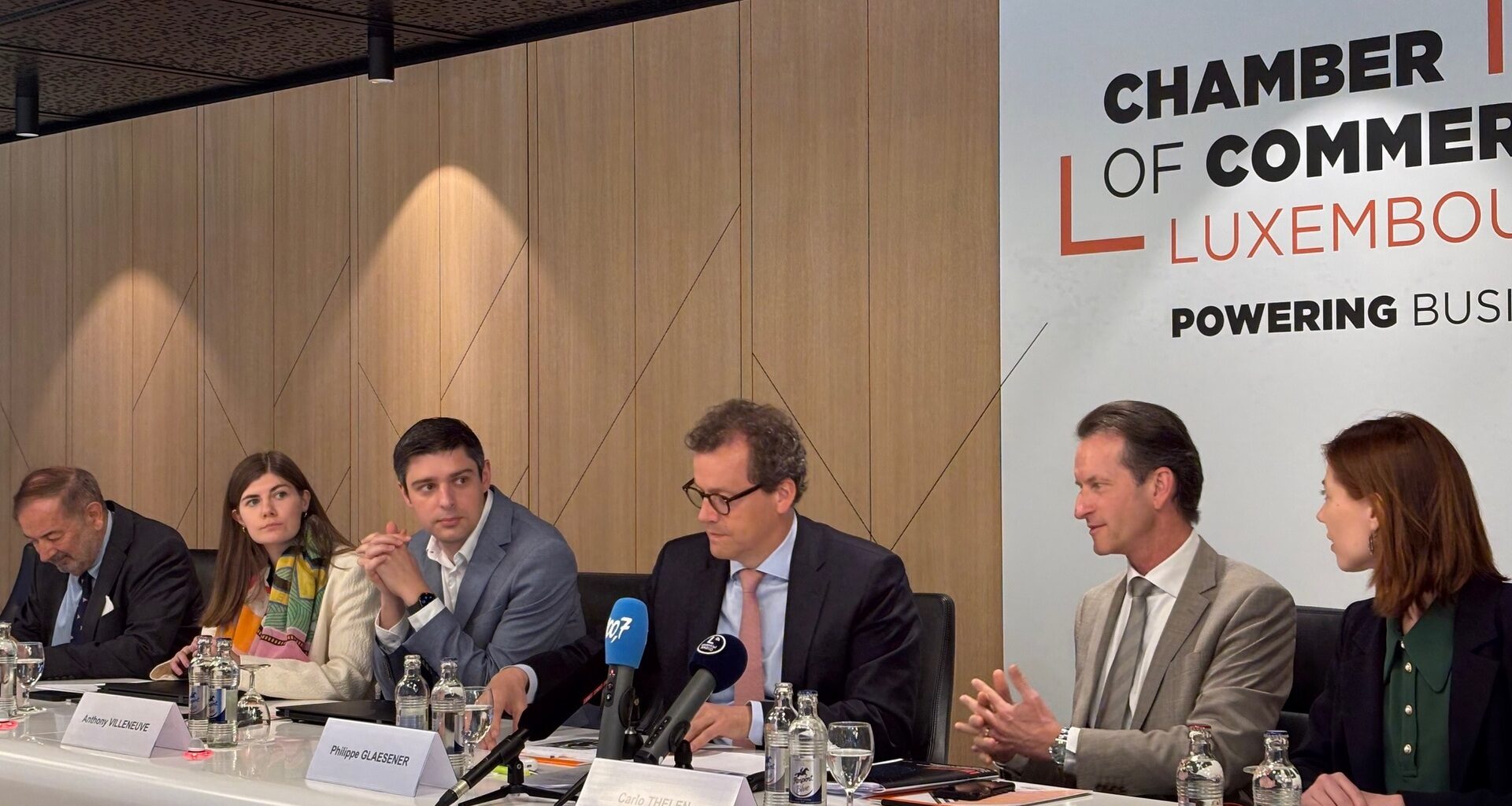Luxembourg aims to significantly boost defence spending by 2030, and a new industry-backed strategy proposes concrete measures to ensure this investment benefits the local economy through innovation, job creation, and tax revenue.
Luxembourg has pledged to NATO that it will increase defence spending to 2% of its national GDP by 2030 – amounting to €1.46 billion, a rise of more than €600 million compared to current levels. In response, a working group called Lux4Defence and consisting of various companies and institutions – including SES, LIST, and Luxinnovation – has drafted a strategic proposal on how to allocate this increased defence budget.
The result is a set of ten recommendations submitted to the CSV-DP government.
One key proposal, which should be implemented swiftly according to Philippe Glaesener, chair of the Lux4Defence working group, is the creation of a dedicated defence hub for the industrial sector. The purpose of this hub is to give companies a secure environment in which to work on defence-related projects and develop early-stage prototypes.
Glaesener noted that many defence projects are highly confidential and cannot be developed in unsecured environments, making specialised infrastructure essential.
The group also recommends revising the 2022 weapons law. Glaesener explained that legal uncertainties in the current framework are discouraging new defence-sector businesses from establishing themselves in Luxembourg. He emphasised the need for targeted legal reforms to enable development in this area, ideally by the end of the year or within the next twelve months.
While he acknowledged that certain legislative changes can take time, Glaesener believes that with political will, rapid progress is achievable. He underlined that the working group is not calling for overly complex reforms, but rather for immediate removal of the most obvious barriers.
Other proposals include the creation of a national task force focused on defence and the launch of a centralised online platform – a “marketplace” – to catalogue the full range of defence-related products and services offered by Luxembourg companies. These initiatives aim to ensure that public defence spending translates into tangible economic returns for the national economy.
Carlo Thelen, director of the Luxembourg Chamber of Commerce, added broader context, noting that in 2014, Luxembourg invested around €190 million in defence. Now, it must scale that amount up to between €1.4 and €1.5 billion – a significant leap.
However, Thelen stressed that the issue is not just about reaching the 2% spending target, but about ensuring a strong return on investment. He argued that research and development by companies in the sector should be commercially viable and lead to job creation in Luxembourg, as well as generate tax revenue for the state.
He acknowledged that Luxembourg cannot replicate the national self-sufficiency of larger countries like France, where most defence spending circulates domestically. Still, he believes it is a realistic goal for Luxembourg to ensure that at least 60% of each euro spent on defence stays within the local economy.
So far, the working group has identified 110 companies in Luxembourg that are active in the defence sector and could be integrated into the broader Lux4Defence strategy. The strategy was presented to the coalition government at the end of March, and according to Thelen, the initial response was generally positive.
Which recommendations ultimately make their way into Luxembourg’s official defence strategy will likely be revealed during Prime Minister Luc Frieden’s upcoming State of the Nation address in two weeks.
Video report in Luxembourgish
